Risks of Electrical Leakage Due to High Humidity and Safe Prevention Methods
Electrical safety is always a top priority in any living and working space. However, few realize that a common environmental factor like humidity can pose a risk of dangerous electrical leakage, especially in humid climates.
Humidity control is a proactive and effective measure to minimize this risk, ensuring safety for yourself, your family, and your property.
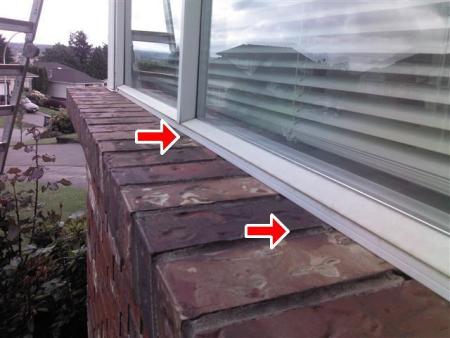
High Humidity - A Potential Cause of Electrical Leakage
Moisture in the air can condense on the surface of electrical equipment and wires. Water conducts electricity. When humidity is too high, condensed moisture or damp walls create conditions for current to "leak" out of the insulation.
Furthermore, humidity accelerates the corrosion and oxidation of metal parts and degrades the quality of the insulating sheath of wires and equipment. Degraded insulation loses its ability to block current, leading to the risk of short circuits or electrical leakage to exposed surfaces.
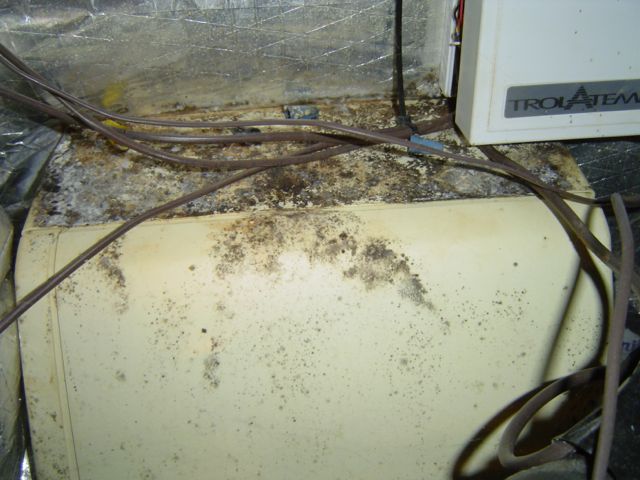
Areas and Equipment Prone to Electrical Leakage Due to Humidity
Most electrical equipment and systems can be affected by humidity, but some areas and devices are at higher risk:
- Embedded Electrical Wiring: Damp walls over time can damage the insulation of wires inside, causing electrical leakage to the wall surface.
- Electrical Equipment in Humid Environments: Devices such as water heaters, washing machines, dryers, electric stoves, fans, outlets, and switches in bathrooms, kitchens, or outdoor areas frequently exposed to high humidity have a high risk of electrical leakage. Household dehumidifiers can be particularly helpful in reducing humidity in these areas.
- Sensitive Electronic Devices: Computers, TVs, and other electronic devices, while not directly posing a shock risk from their casing, can experience internal component short circuits due to humidity, damaging the equipment or wasting energy.
Dangerous Consequences of Electrical Leakage
Electrical leakage poses many unpredictable risks:
- Electric Shock: This is the most dangerous consequence, potentially causing serious injury or death to people and animals who accidentally touch a leaky conductive surface (damp walls, equipment casing). According to data from the Department of Industrial Safety Techniques and Environment, Ministry of Industry and Trade, electrical accidents still occur annually at an alarming rate, many of which originate from unsafe household electricity use. [Reference]
- Short Circuits and Fires: Leakage current can generate heat, leading to short circuits in wires and equipment, or even causing large fires.
- Wasted Electricity: Leaked current is wasted energy, causing electricity bills to increase abnormally without a clear reason.
Solutions for Preventing and Addressing Electrical Leakage Due to Humidity
To ensure electrical safety and minimize the risk of electrical leakage due to humidity, a combination of measures is needed:
-
Proper Electrical System Installation
Use high-quality electrical wires with standard insulation. Embedded wires must be routed through protective conduits. The electrical system needs a safe grounding system and must be installed according to technical regulations on electrical safety.
-
Using Residual Current Devices (ELCB/RCBO)
A residual current device (Earth Leakage Circuit Breaker - ELCB or Residual Current Breaker with Overcurrent protection - RCBO) is an important safety device capable of automatically cutting off power when detecting a leakage current exceeding a permissible threshold (usually 30mA for wet areas like bathrooms). This is a reliable "guardian" that helps prevent the risk of electric shock. When an ELCB/RCBO trips (cuts power), it means there is a leakage current occurring, and the cause needs to be found and fixed; the device should not be disabled, as doing so removes a vital layer of protection and increases the risk of fatal electric shock.
-
Controlling Environmental Humidity
This is a proactive measure to eliminate a primary factor causing electrical leakage. Maintaining ideal indoor humidity levels (typically 40-60%) helps minimize moisture condensation, protecting electrical systems and equipment from the negative effects of humidity.
In areas with consistently high humidity or during the humid season, using specialized dehumidification solutions is essential. Dehumidifiers are effective devices that help maintain stable humidity levels in a space, contributing to the protection of electrical systems and extending the lifespan of sensitive electronic devices. For larger spaces or those with stricter humidity requirements, industrial dehumidifiers or industrial dehumidification systems are optimal choices.






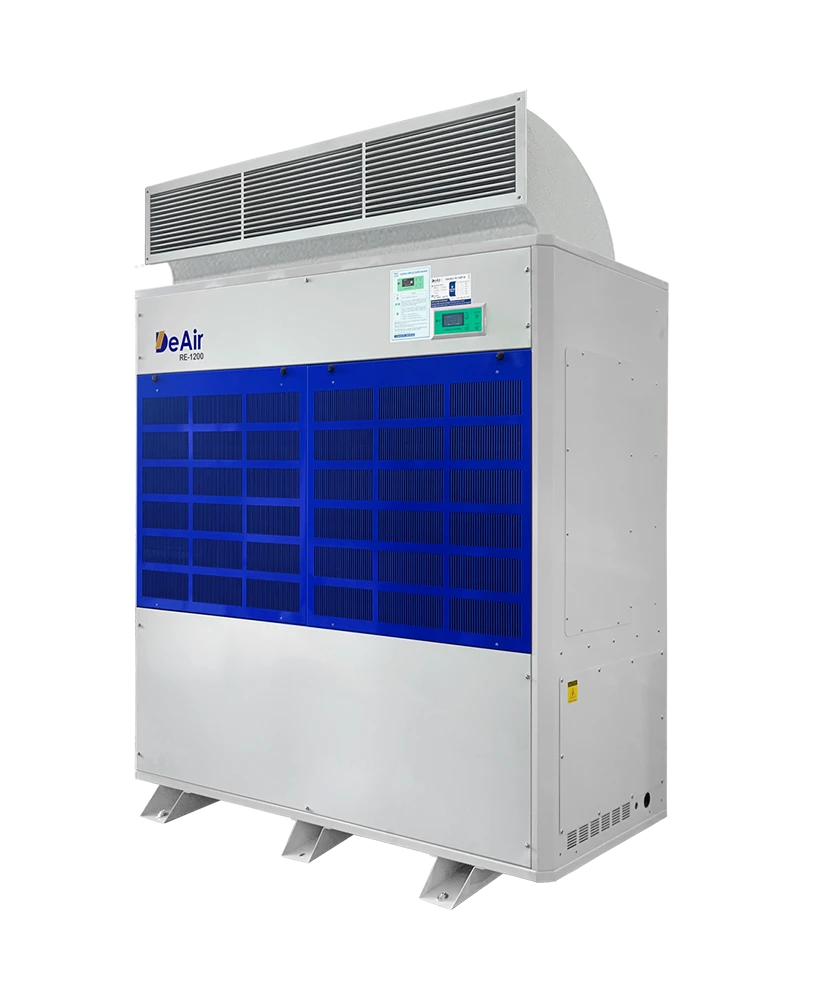
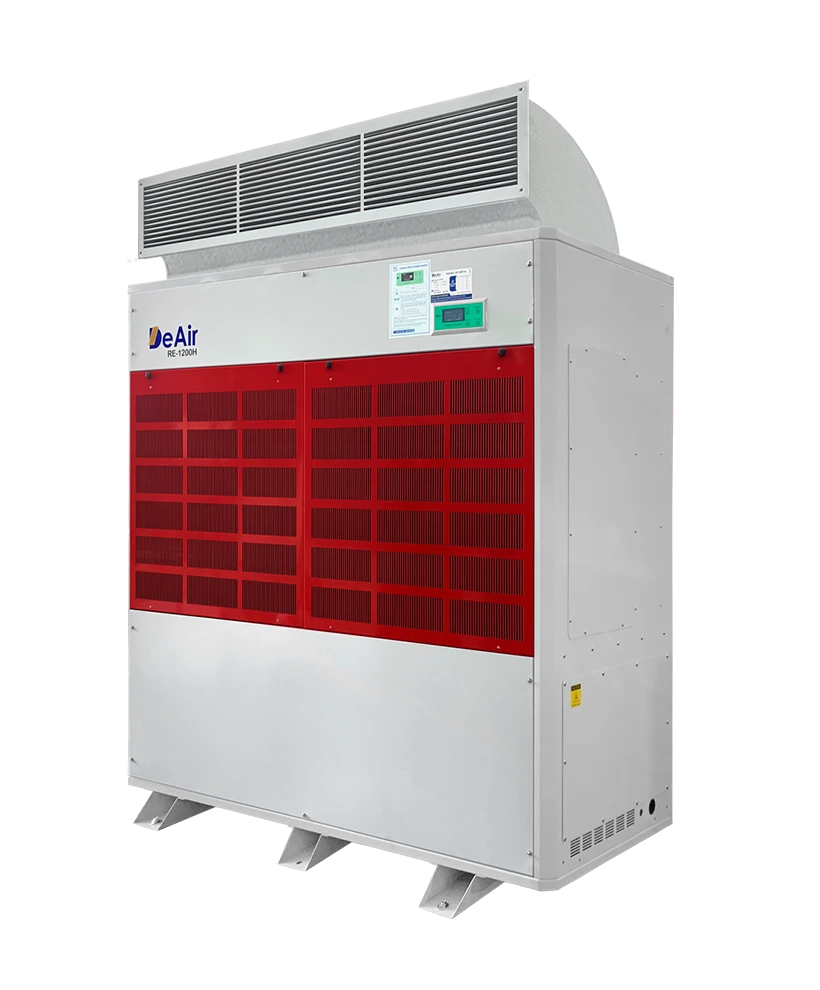
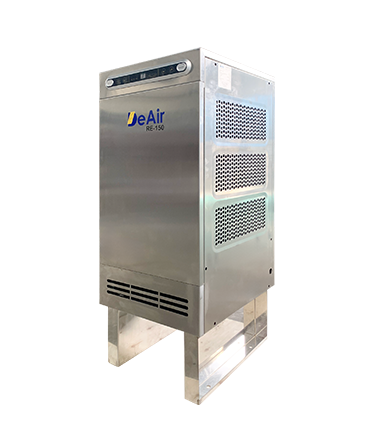
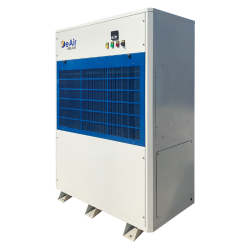
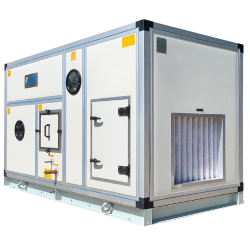
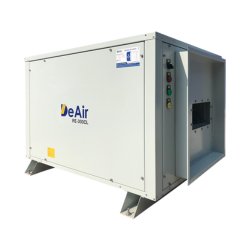
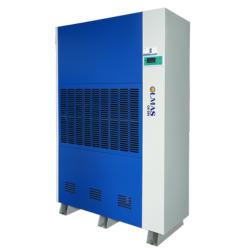

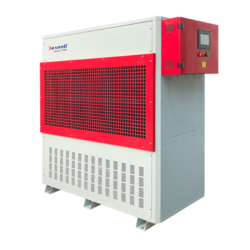
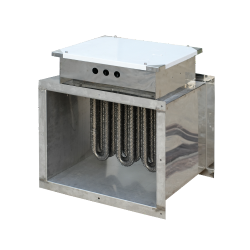
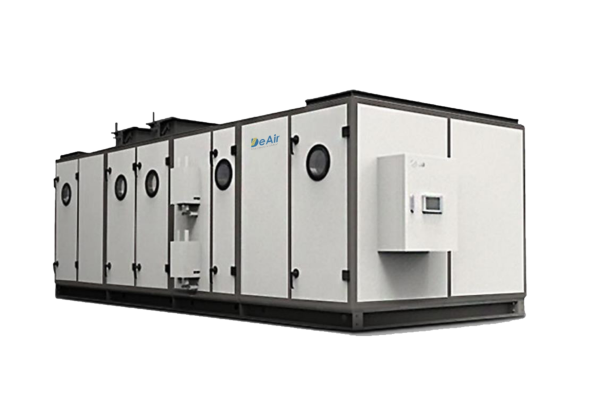
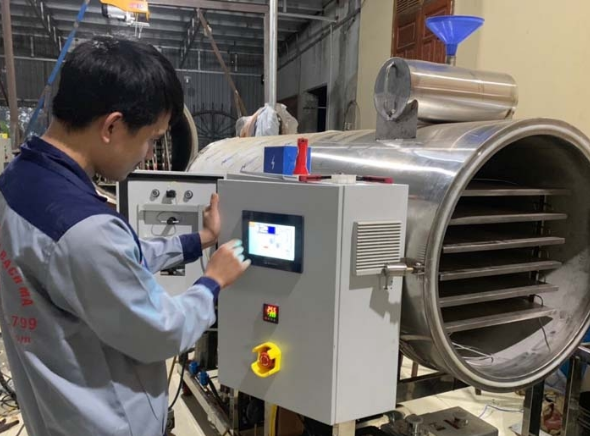



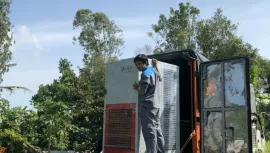
![[Case Study] DeAir Installs DeAir.De Rotor Humidity Control System for Pharmaceutical Plant in Binh Duong [Case Study] DeAir Installs DeAir.De Rotor Humidity Control System for Pharmaceutical Plant in Binh Duong](https://deair.com.vn/thumbs/news/2023_04/ban_giao_may_cho_duoc_bd/[270x153-cr]image1-1024x772.jpg__cv.webp)

![[Review & Guide] Olmas OS-300: The New Humidity Control "Warrior" for Medium to Large Warehouses [Review & Guide] Olmas OS-300: The New Humidity Control "Warrior" for Medium to Large Warehouses](https://deair.com.vn/thumbs/news/huong_dan_su_dung_may_olmas_21/[270x153-cr]vtm06440.png)